- Home
- Health Condition
Medicine For Cold Allergy
Medicine For Cold Allergy
- Total Items (2189)
 RX
RXMontecip LC Junior Tablet 10's
₹106.90
MRP ₹142.50
25% off
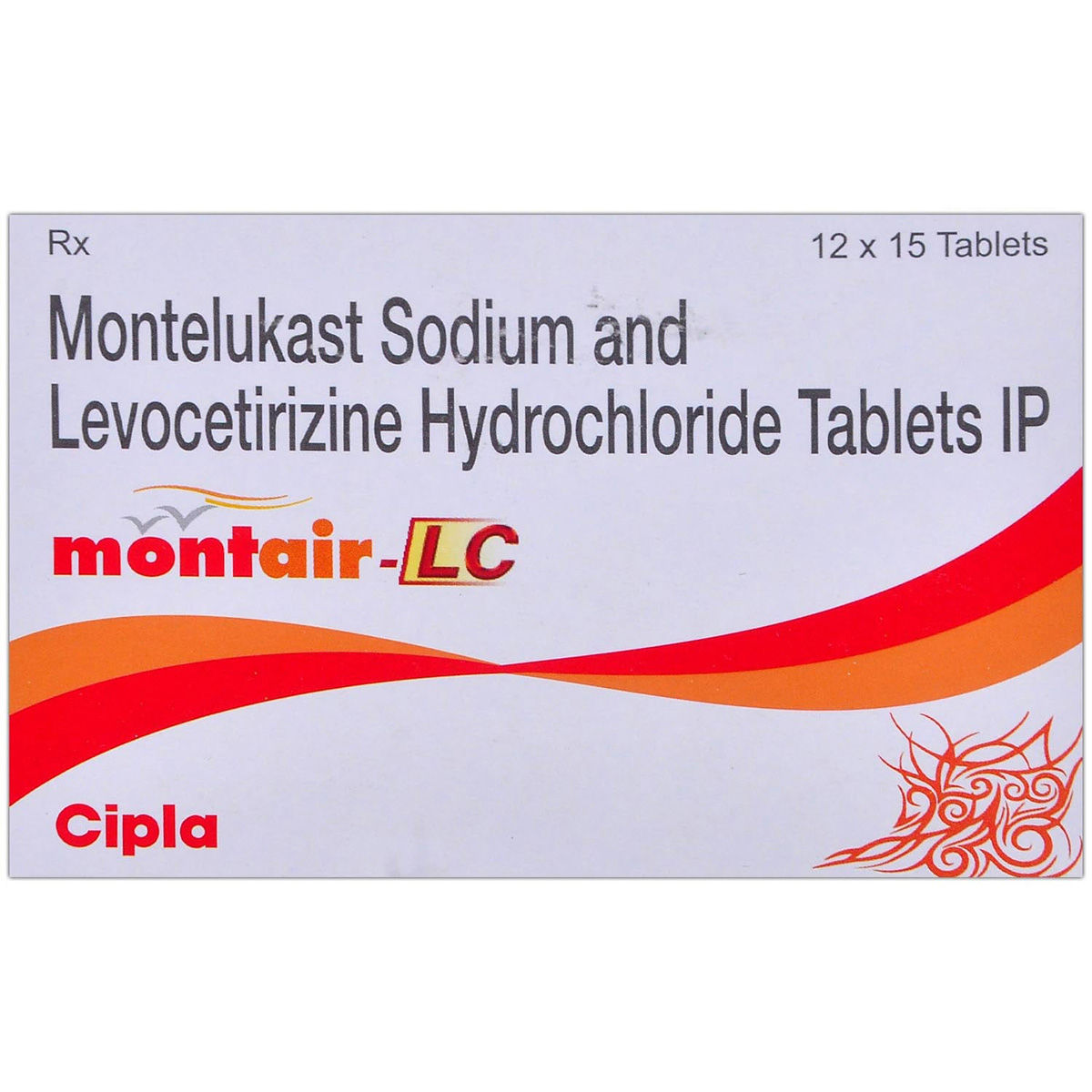 RX
RXMontair-LC Tablet 15's
₹365.90
MRP ₹406.50
10% off
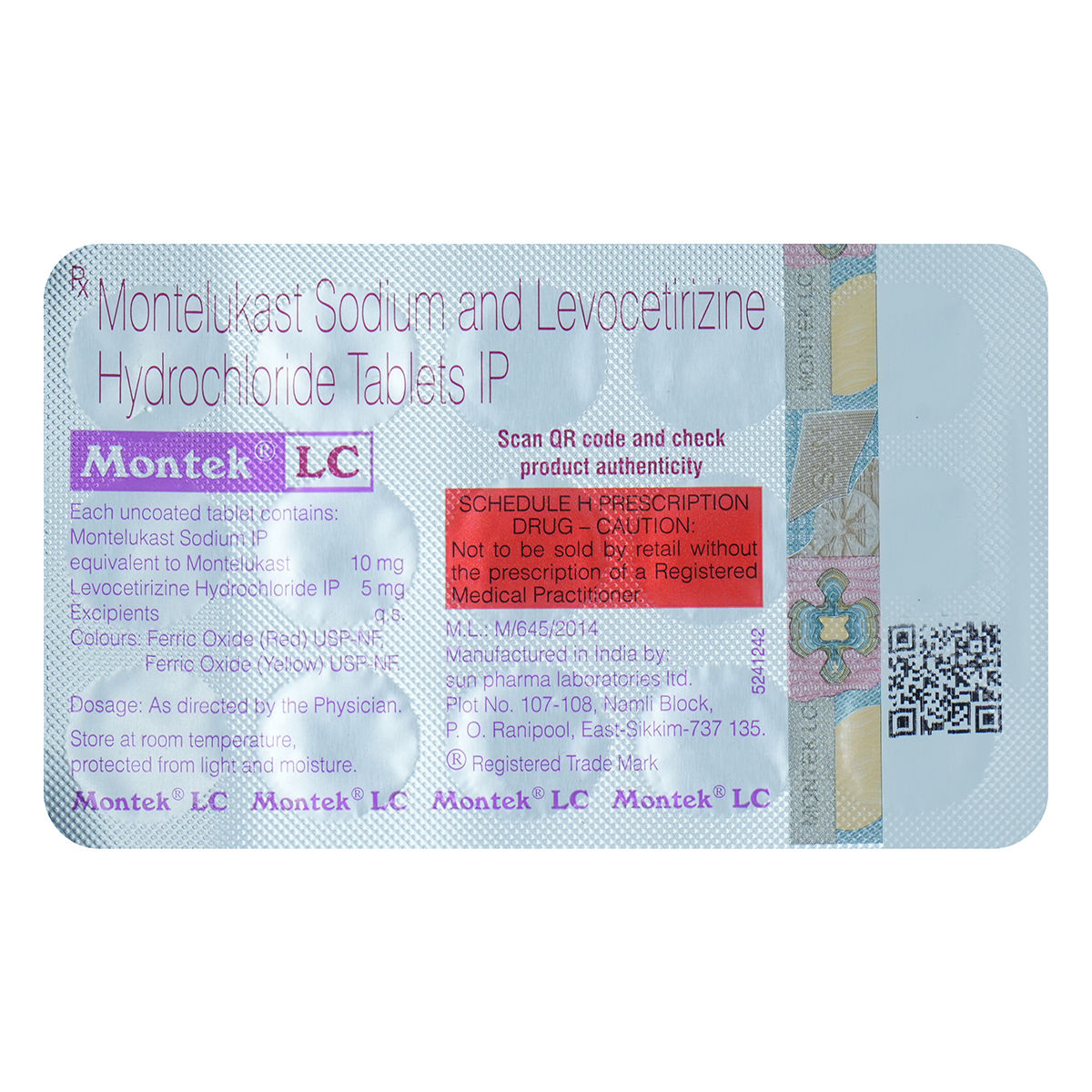 RX
RXMontek LC Tablet 15's
₹335.30
MRP ₹372.50
10% off
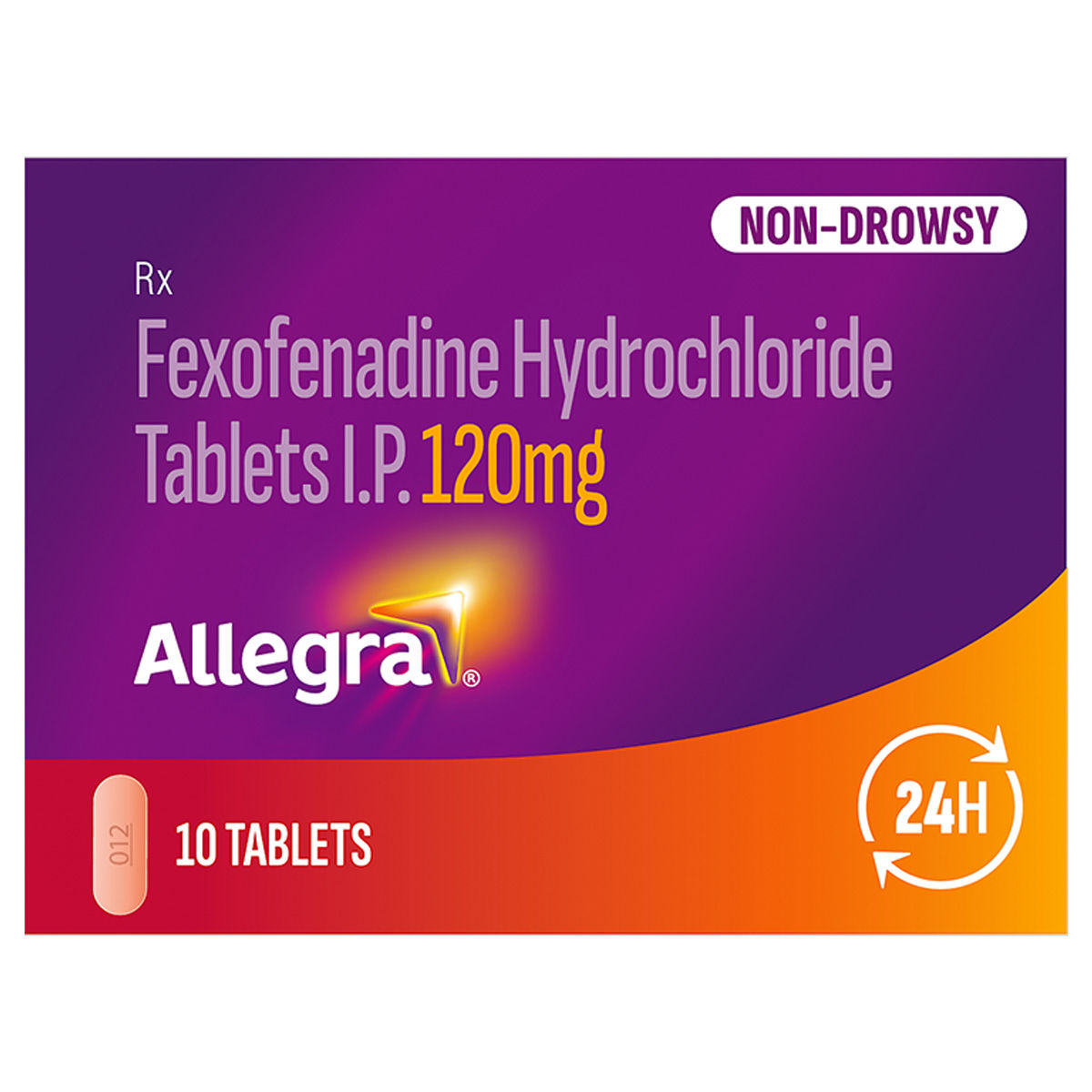 RX
RXAllegra 120 mg Tablet 10's
₹238.10
MRP ₹264.50
10% off
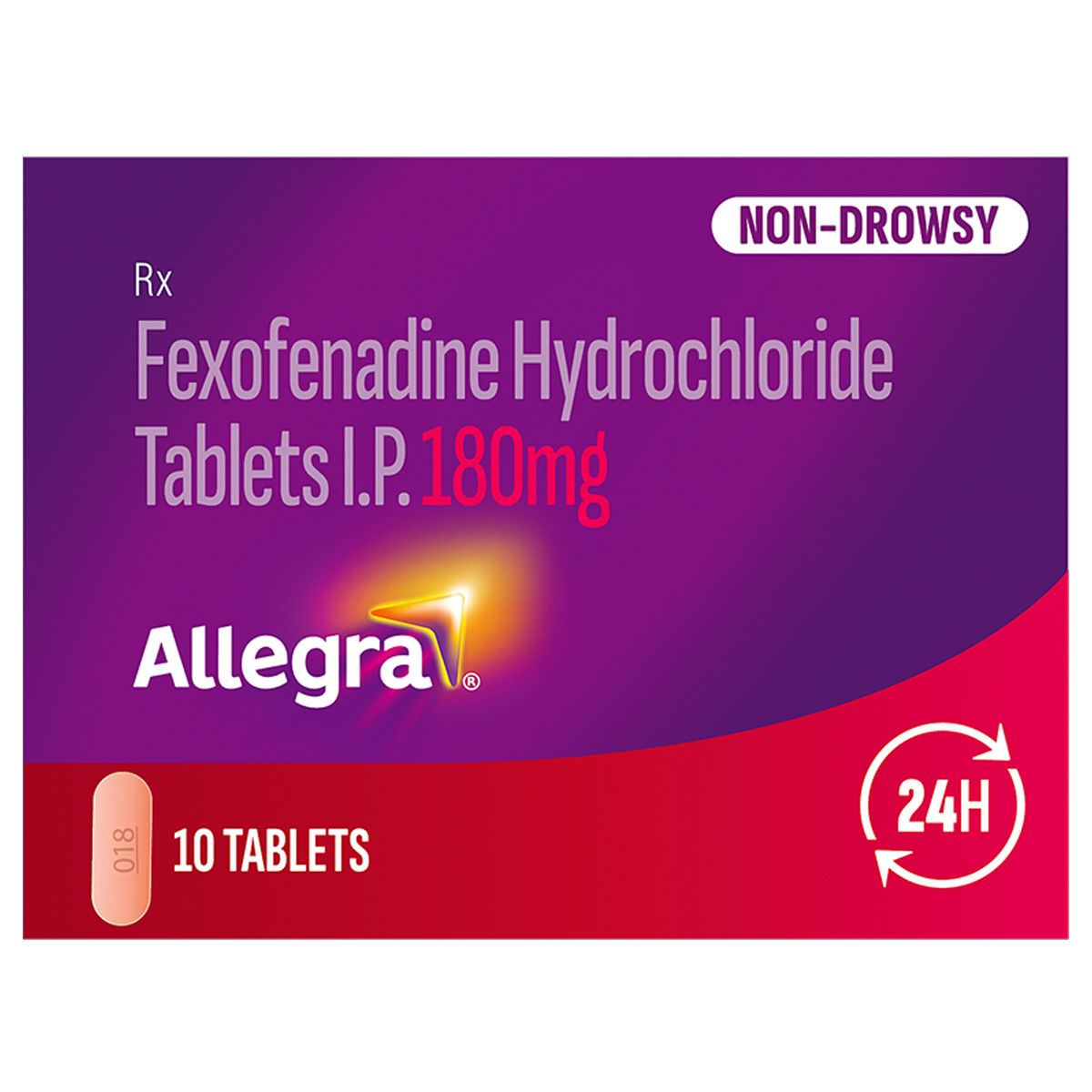 RX
RXAllegra 180 mg Tablet 10's
₹272.30
MRP ₹302.50
10% off
 RX
RXMonDeslor Tablet 10's
₹218.70
MRP ₹243
10% off
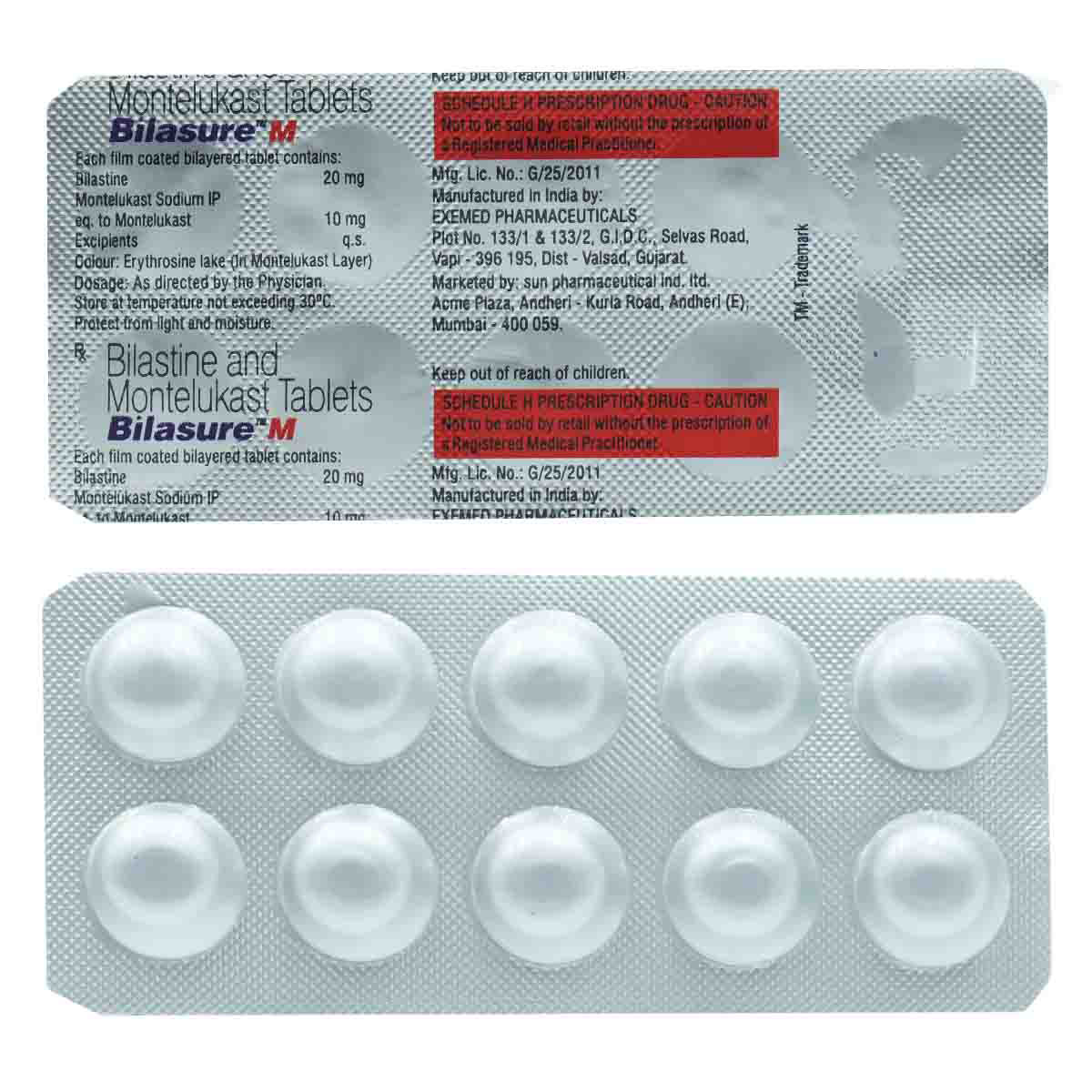 RX
RXBilasure M Tablet 10's
₹186.30
MRP ₹207
10% off
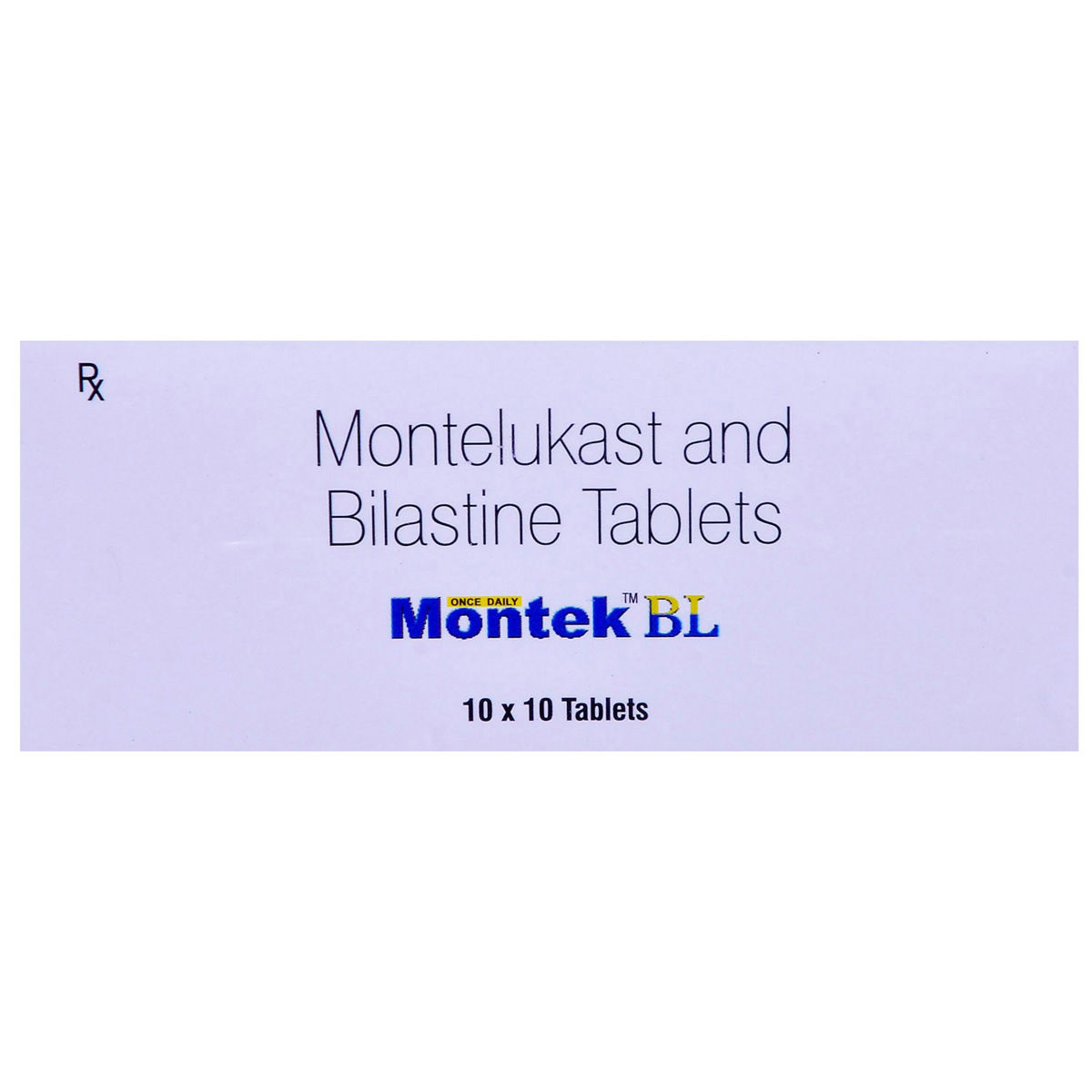 RX
RXMontek BL Tablet 10's
₹186.30
MRP ₹207
10% off
 RX
RXTelekast-L Tablet 15's
₹321.30
MRP ₹357
10% off
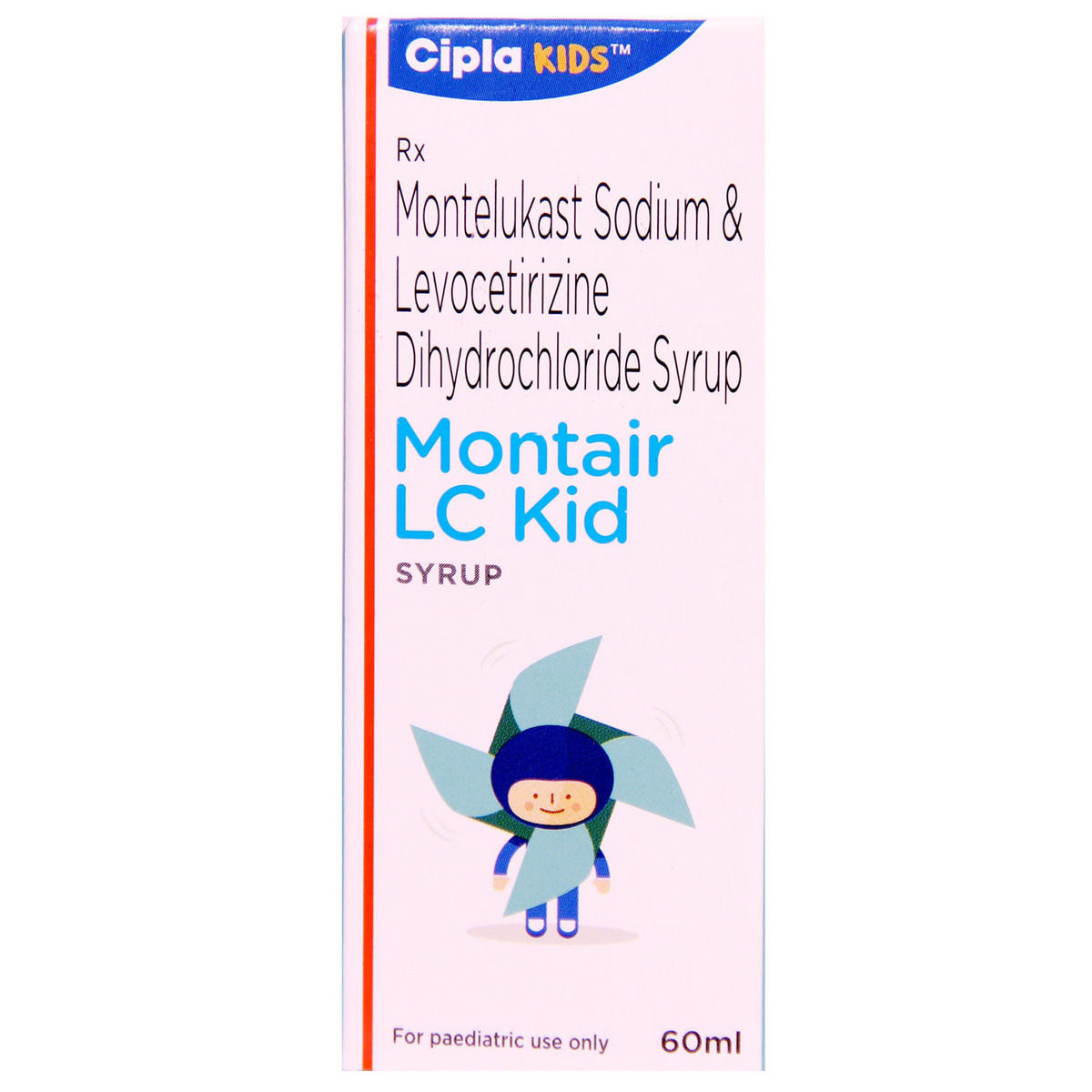 RX
RXMontair LC Kid Syrup 60 ml
₹138.20
MRP ₹153.50
10% off
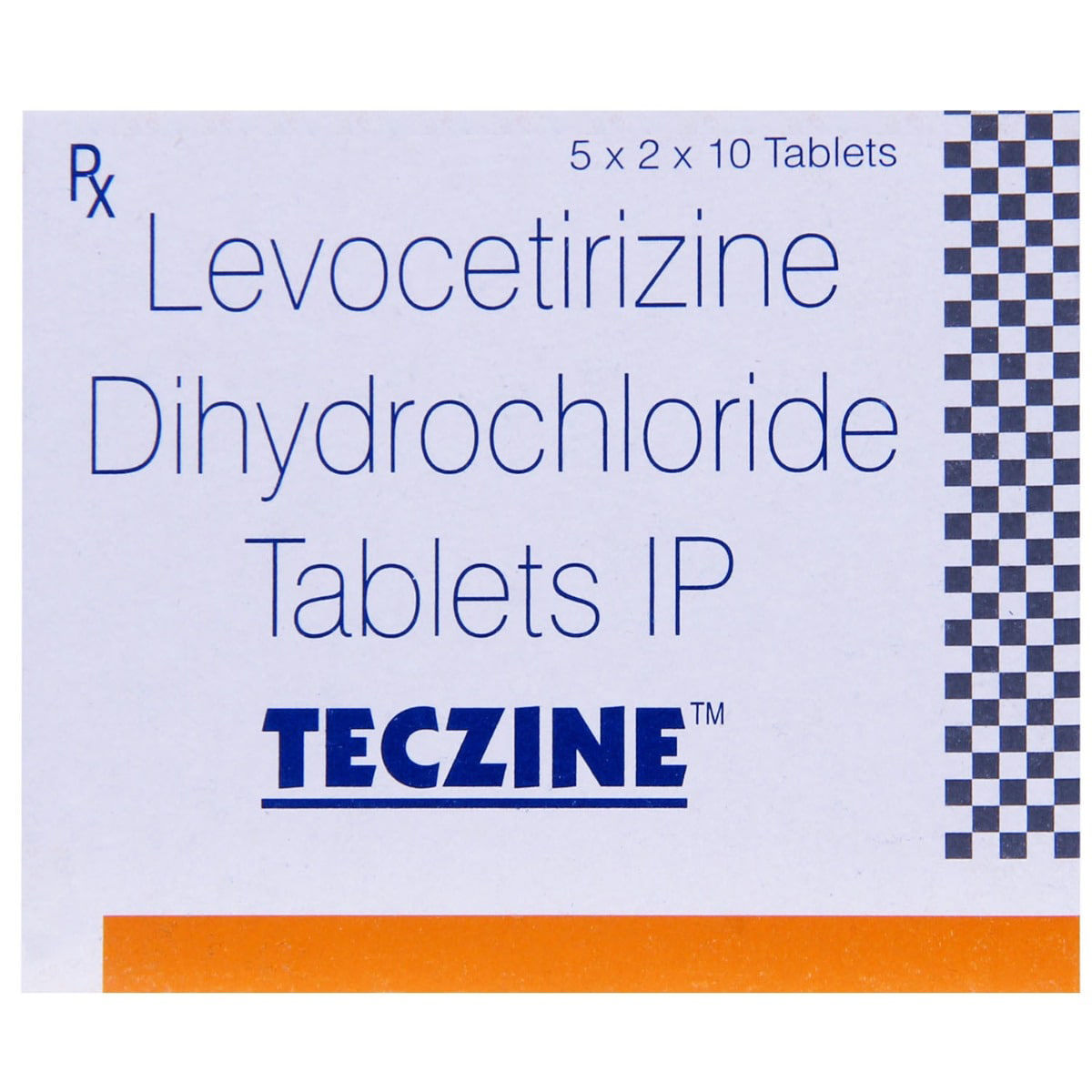 RX
RXTeczine Tablet 10's
₹82.80
MRP ₹92
10% off
 RX
RXXyzal Tablet 15's
₹196.20
MRP ₹218
10% off
 RX
RXBilashine Tablet 10's
₹135.90
MRP ₹151
10% off
 RX
RXDazit Tablet 15's
₹151.20
MRP ₹168
10% off
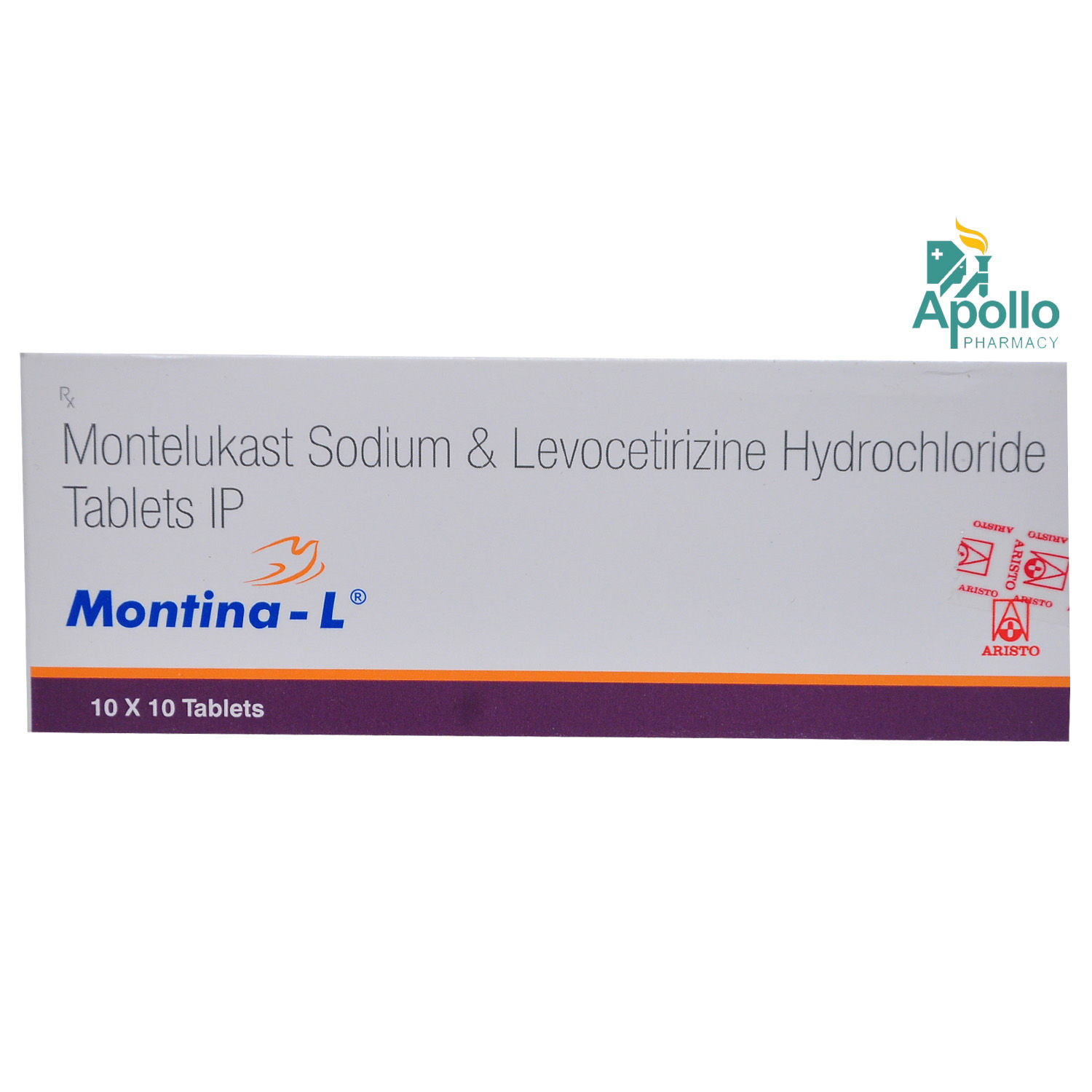 RX
RXMontina-L Tablet 10's
₹74.70
MRP ₹83
10% off
 RX
RXBilasure 20 Tablet 10's
₹149.40
MRP ₹166
10% off
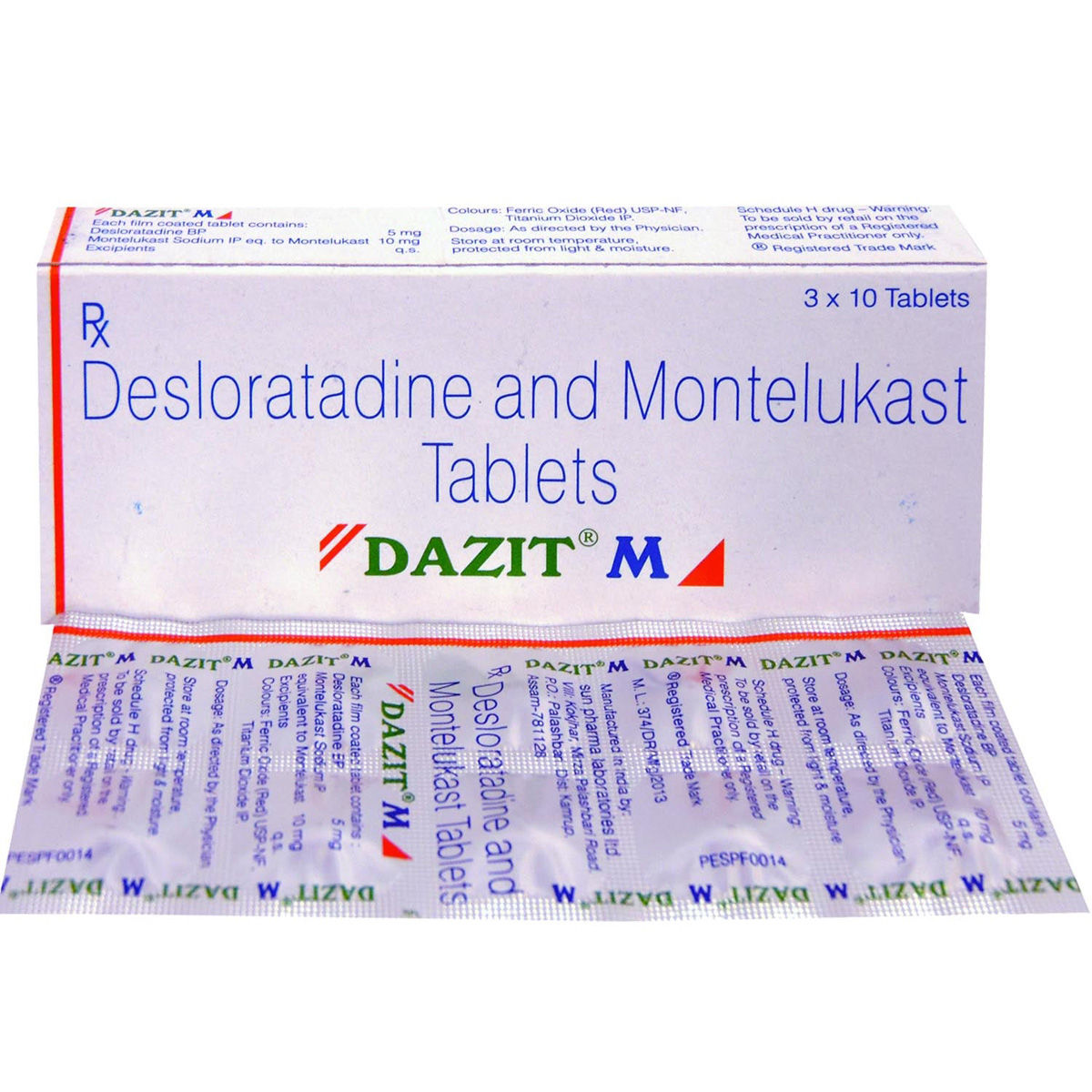 RX
RXDazit M Tablet 10's
₹218.70
MRP ₹243
10% off
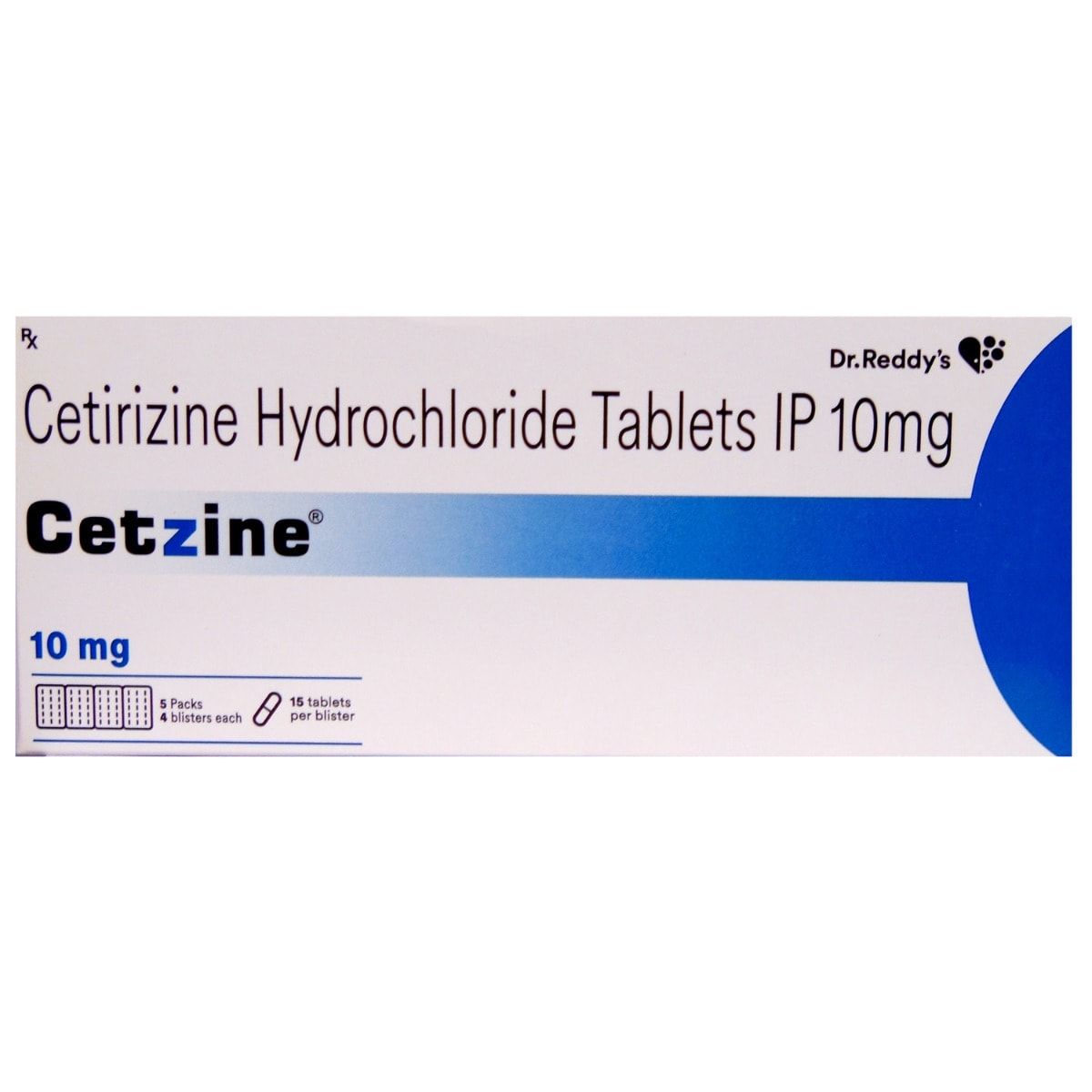 RX
RXCetzine 10 mg Tablet 15's
₹28.40
MRP ₹31.50
10% off
 RX
RXL Montus Tablet 15's
₹310.50
MRP ₹345
10% off
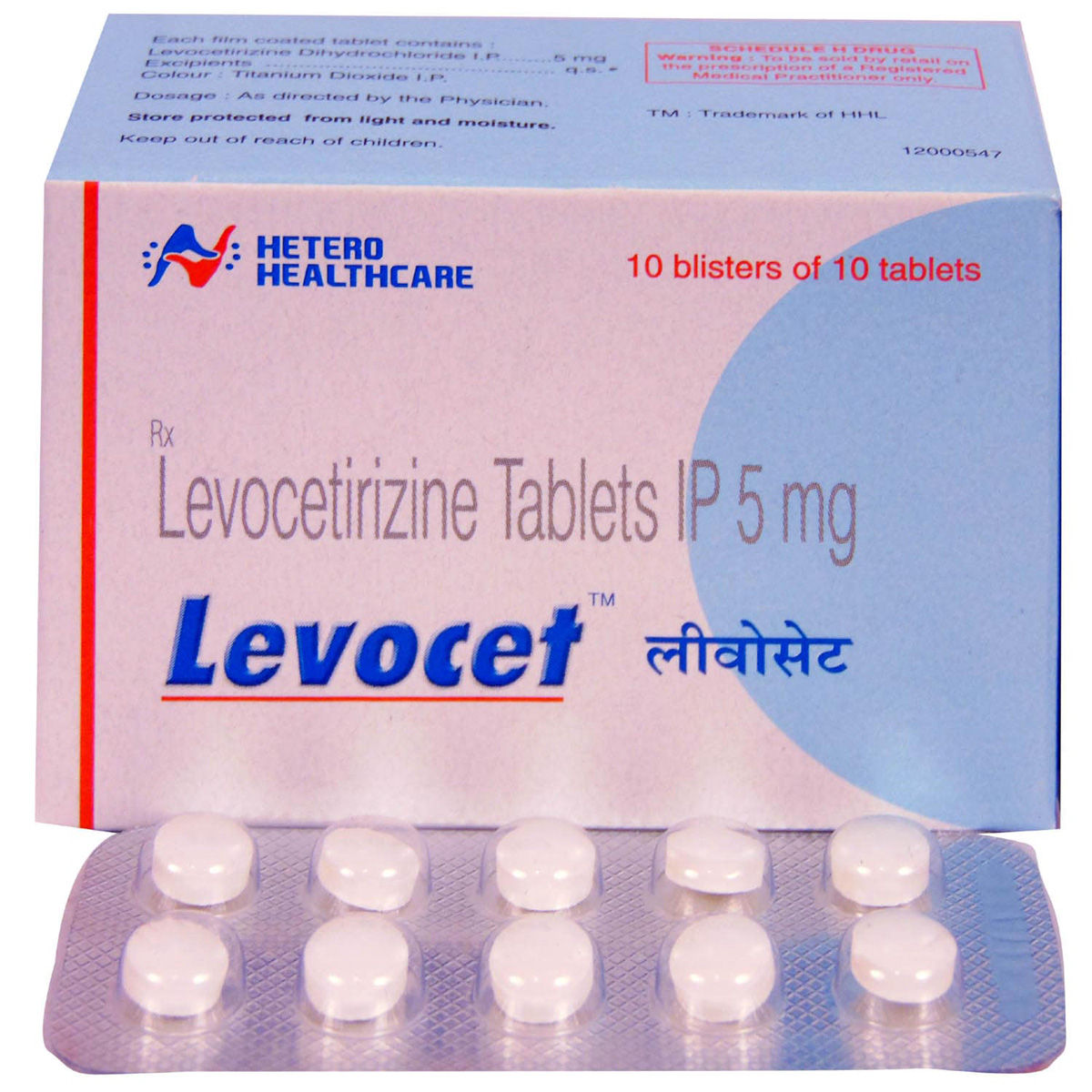 RX
RXLevocet Tablet 10's
₹46.40
MRP ₹51.50
10% off
 RX
RXMonticope Tablet 10's
₹98.60
MRP ₹109.50
10% off
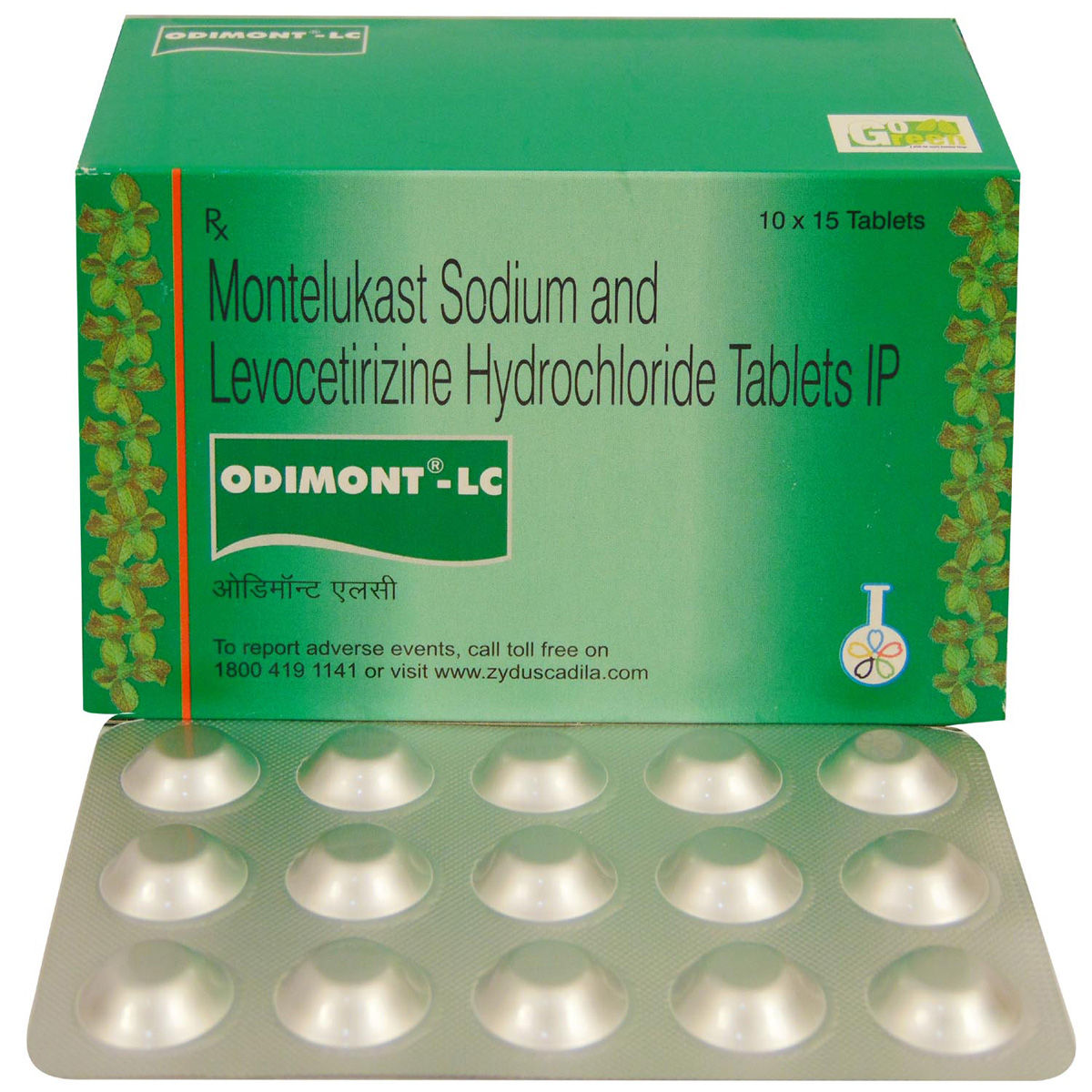 RX
RXOdimont-LC Tablet 15's
₹332.60
MRP ₹369.50
10% off
 RX
RXBilagra M Tablet 10's
₹207.50
MRP ₹230.50
10% off
 RX
RXTeczine 10 Tablet 15's
₹216.50
MRP ₹240.50
10% off
Medicines For Cold Allergy
Cold allergy, also known as cold-induced urticaria, is a condition that affects individuals who experience allergic reactions triggered by exposure to cold environments. This condition manifests as hives, redness, or itching on the skin when a person is exposed to cold air, water, or surfaces. While it is relatively uncommon, cold allergy can be a significant source of discomfort, and finding the right medicines for cold allergy can help manage symptoms effectively.
Types of Medicines Used for Cold Allergy
There are several categories of medicines used to treat cold allergy. These medicines can help alleviate symptoms such as hives, swelling, and itching, providing much-needed relief. Below are the key types of medicines commonly prescribed for cold allergy:
Antihistamines
Antihistamines are the most commonly prescribed medication for cold allergy. They work by blocking the effects of histamine, a substance released during allergic reactions that causes symptoms like itching and swelling. By inhibiting histamine, antihistamines prevent or reduce the severity of the allergic response triggered by cold exposure.
Corticosteroids
In cases where antihistamines are not effective, corticosteroids may be prescribed. These potent anti-inflammatory drugs help reduce inflammation, redness, and swelling associated with cold allergies. Depending on the severity of the symptoms, they can be taken orally or applied topically.
Leukotriene Modifiers
Leukotriene modifiers are another class of medications used in the management of cold allergy. These medications work by blocking the action of leukotrienes, which are chemicals involved in the allergic response. By inhibiting leukotrienes, these medications help prevent the symptoms of cold-induced urticaria.
Decongestants
Decongestants are used to relieve nasal congestion and swelling caused by allergic reactions. In cases where cold allergy triggers nasal symptoms, decongestants can help reduce swelling in the nasal passages and improve breathing. They can be taken in oral or nasal spray forms.
Topical Creams and Ointments
For individuals with localised reactions such as hives, topical creams and ointments containing corticosteroids or antihistamines can be applied to the skin. These topical treatments help soothe irritated skin and reduce inflammation. They are particularly effective for mild to moderate reactions.
Benefits of Using Medicines for Cold Allergy
The use of medicines for cold allergy offers a range of benefits, enabling patients to manage their condition and live more comfortably. Below are some of the key benefits of using the appropriate medicines for cold allergy:
Symptom Relief
The primary benefit of cold allergy medications is the relief they provide from uncomfortable symptoms such as itching, swelling, and redness. By targeting the underlying mechanisms of the allergic reaction, these medications help reduce the intensity of symptoms and prevent further flare-ups.
Prevention of Reactions
Regular use of antihistamines or leukotriene modifiers can help prevent cold-induced allergic reactions before they start. These medications help prevent histamine and leukotriene release, reducing the likelihood of experiencing symptoms when exposed to cold temperatures.
Improved Quality of Life
Exposure to cold air or water can severely impact daily activities for individuals with cold allergies, especially in colder climates. By managing the condition with the right medications, patients can engage in outdoor activities, travel, and socialise without worrying about the onset of allergic reactions.
Fewer Recurrences
When used correctly, medicines for cold allergy can reduce the frequency of allergic episodes. For patients who experience frequent flare-ups, regular use of prescribed medications can significantly reduce the recurrence of symptoms, leading to a more stable condition.
Minimal Side Effects
Modern antihistamines and other medicines for cold allergy are designed to have fewer side effects. Many of these medicines don’t make you sleepy so that you can go about your day without problems.
Dosage & Usage Instructions of Medicines for Cold Allergy
The dosage and usage instructions for medicines used to treat cold allergy vary depending on the type of medication prescribed and the severity of the condition. It is essential to follow the guidance provided by your healthcare provider for optimal results. Below are general guidelines for using cold allergy medications:
- Antihistamines: Typically taken once or twice daily, depending on the formulation. These should be taken with or without food. It is important to avoid taking more than the recommended dose, as this could increase the risk of side effects.
- Corticosteroids: If prescribed, corticosteroids should be used as directed by a healthcare professional. Oral corticosteroids are usually taken for a short duration during flare-ups, while topical corticosteroid creams should be applied to the affected areas sparingly.
- Leukotriene Modifiers: These medications are usually taken once a day. It is essential to take them consistently to prevent allergic reactions. They may be taken with or without food, but it is best to follow the specific instructions provided.
- Decongestants: If used, decongestants should be taken as needed to relieve nasal congestion. Nasal sprays should be used in moderation, as overuse may lead to rebound congestion. Oral decongestants should be taken according to the dosage recommended by your doctor.
- Topical Creams and Ointments: For localised reactions, topical creams and ointments should be applied directly to the affected area. Be sure to wash your hands thoroughly after application to avoid spreading the medication to other areas.
Buy Medicines for Cold Allergy Online at Apollo 24|7
If you're looking for reliable and effective medicines for cold allergy, Apollo 24|7 makes it easy to buy them online. Whether you need antihistamines, corticosteroids, or creams, Apollo 24|7 has a variety of products to help with cold allergies. Buying from a trusted online pharmacy means you can be sure the medicines are genuine and good quality, plus you'll get them delivered right to your door for extra convenience.
Frequently asked questions
Cold allergy is a condition where an individual develops allergic reactions, such as hives or swelling, when exposed to cold temperatures like cold air, water, or surfaces.
Common medicines for cold allergy include antihistamines, corticosteroids, leukotriene modifiers, decongestants, and topical creams or ointments.
While it may not be entirely preventable, regular use of antihistamines or other medications can help prevent allergic reactions from occurring when exposed to cold environments.
Most medicines for cold allergy are well-tolerated, but some may cause mild side effects such as drowsiness, dry mouth, or mild skin irritation. Always consult with a healthcare provider before starting any new medication.
Yes, you can buy medicines for cold allergy online through trusted platforms like Apollo 24|7. Ensure that you are purchasing from reputable sources to guarantee the quality and authenticity of the medications.
